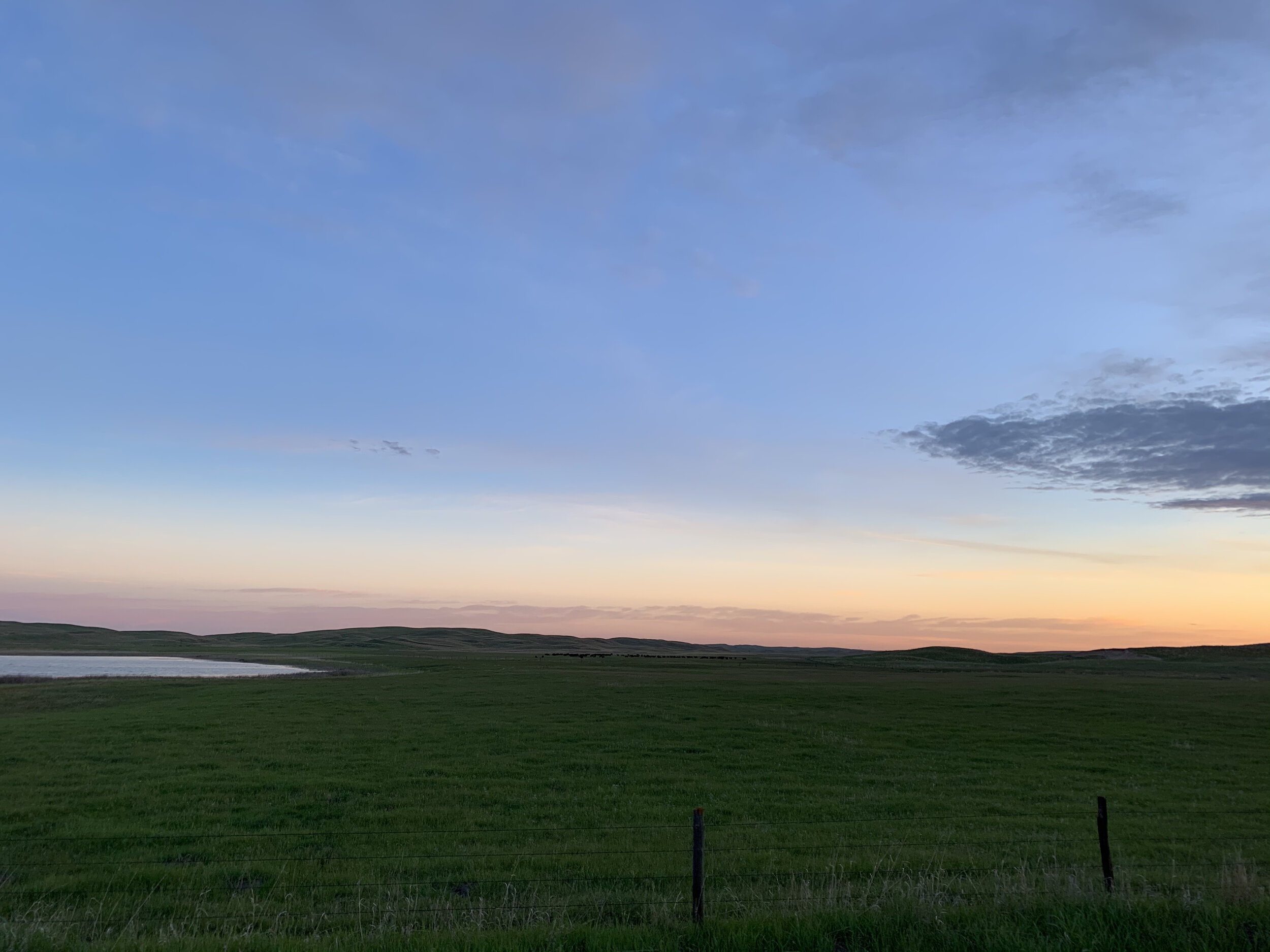The Rural Review
An online journal produced in conjunction with the Rural Reconciliation Project.
The Rural Review publishes digests of important academic contributions, program information, blog-style commentary, and periodic roundups of rural items from across academic disciplines and scholarly media.
Contributions from interested authors are welcome. Find our author guidelines here.
Burlig & Stevens: Church Mergers and Technology Adoption
In Social Networks and Technology Adoption: Evidence from Church Mergers in the U.S. Midwest, Fiona Burlig (Public Policy, University of Chicago) and Andrew W. Stevens (Agricultural and Applied Economics, University of Wisconsin) consider how social networks increase agricultural technology adoption among farmers.
Maderson & Elsner-Adams: Beekeeping in Rural Contexts
In Beekeeping, stewardship and multispecies care in rural contexts, authors Sibohan Maderson (Department of Geography and Earth Sciences, Aberystwyth University and School of Geography and Planning, Cardiff University) and Emily Elsner-Adams (Lancaster Environment Centre, Lancaster University and Elsner Research and Consulting) examine rural environmental stewardship through the practices of beekeepers in the United Kingdom.
Gansauer et al.: Can Infrastructure Save “Left Behind” Places?
In Can Infrastructure Help ‘Left Behind’ Places ‘Catch Up?’ Theorizing the Role of Built Infrastructure in Regional Development by Grete Gansauer, Julia H. Haggerty, and Kelli F. Roemer (all of the Earth Sciences Department, Montana State University), Kristin K. Smith (Headwaters Economics, Montana), and Mark N. Haggerty (Center for American Progress, Washington, D.C.) investigate the role of infrastructure in the development of “left behind” regions in the United States and argue that the nature of infrastructure interventions potentially leads to deepening structural “left behind-ness.”
Ricket, Yahn, & Bentley: Rural High School Internships
In Rural Community and Career Connected Learning: Impacts of High School Internships Prioritizing People and Place, Allison L. Ricket (SROI and Impact Measurement, Ohio University), Jacqueline Yahn (College of Education, Ohio University), and Emily Bentley (Education Engagement Specialist, Building Bridges to Careers) examines the outcomes of non-school internships hosted by two Appalachian Ohio organizations: Rural Action and Building Bridges to Careers. This qualitative study, guided by the conceptual framework of community and career connected learning, seeks to fill a gap in the literature where existing studies favor a distinctly urban-centric vantage point or focus on optimizing social mobility and developing skills needed to maintain a globalized, unrooted workforce.
Wahdat & Lusk: Achilles Heel of U.S. Food Industries
In The Achilles heel of the U.S. food industries: Exposure to labor and upstream industries in the supply chain, authors Ahmad Zia Wahdat and Jayson L. Lusk (both of the Department of Agricultural Economics, Purdue University) analyze the impact labor issues can have on downstream industries.
LeBeau: Analyzing the American Community Survey for Rural Research
In A Guide to the American Community Survey (ACS) for the Rural Researcher: Unpacking the Conceptual and Technical Aspects of Using Secondary Data for Rural Research, author Kristie LeBeau demonstrates and identifies how authors can use the ACS to conduct rural research.
Kordel & Naumann: Rural Housing in Crisis
In The Rural Housing Crisis: Analytical Dimensions and Emblematic Issues, Stefan Kordel (Geography, Friedrich Alexander University, Germany) and Matthias Naumann (Federal Institute for Research on Building, Urban Affairs and Spatial Development, Germany) argue that while much attention has been paid to the housing crisis in urban regions, the crisis of sustainable housing availability in rural settings is both relevant to wider debates in housing studies and crucial for successful political action to address the need for just and inclusive housing.
Nilson & Stedman: Reacting to the Rural Burden
In Reacting to the Rural Burden: Understanding Opposition to Utility-Scale Solar Development in Upstate New York, authors Roberta Nilson and Richard C. Stedman (both of the Department of Natural Resources and the Environment, Cornell University) examine the impact of a perceived legacy of exploiting the rural as a natural resource.
Zhang: Learning By Doing at Hungerford School
In Learning by Doing in the Segregated South: The Robert Hungerford Normal and Industrial School for African Americans in Central Florida, author Wenxian Zhang (Rollins College) provides a detailed look at the history and impact of the Robert Hungerford Normal and Industrial School in rural Florida. Although this article is a case study on one school, the knowledge and experience learned from the Hungerford School applies to various rural vocational schools.









